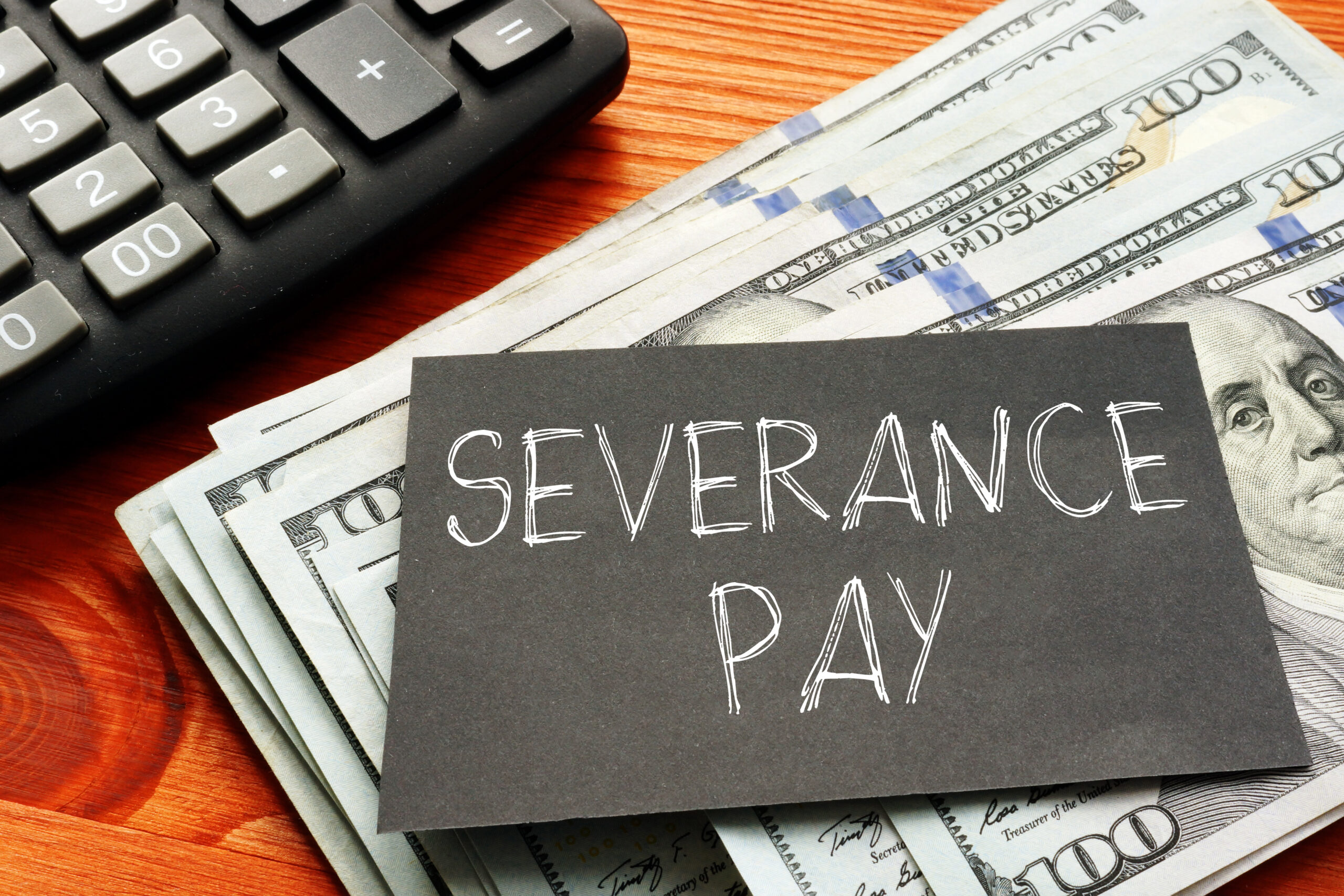
The short answer is: Yes, at least in most states. However, there are plenty of things you should be thinking about when terminating an employee, especially one who has been with your company for a long time. Let’s dig into it!
Severance is a company offering an employee some extra money for them to, essentially, get back on their feet after they’re being fired. Essentially, the employee has some cushion to get by and pay bills and everything so that they can more easily procure their next job.
It also normally comes with a sort of release agreement between the employee and the company, where the employee waives claims they may have against the company (if any).
Most states are “right to work” states, meaning that employees, by default, are allowed to quit working and their employers are allowed to fire them at any time and “for any reason” so long as that reason is not discriminatory (based on the employee’s protected classes like age, gender, race, religion, and so on). In Georgia, there is no legal requirement for severance, although it is common for layoffs and when long-term employees are let go.
You should offer a severance package whenever you want! Offering severance is both a business and a social decision that will likely have a bearing on company morale.
On the business side of things, companies often offer severance when they’re downsizing their team, as in layoffs. These are typically unexpected; the company thought they would have a need for a large workforce, but maybe a big customer stopped hiring that company, and so they don’t need nearly as many workers as they thought they would. Giving these laid-off employees some cushion to help them float to their next position is a kind thing to do.
Obviously, giving severance has a cost (the severance itself), but there are benefits to the employer, too, namely the ex-employee’s waiver of legal claims they may otherwise try and bring against the employer. While discriminatory firings are difficult to prove in court, the threat of such a claim can cost an employer (and their insurance premiums) tens of thousands of dollars. Getting a waiver can give business owners some peace of mind.
While there’s no legal requirement to offer severance, I believe that it’s often “the right thing to do,” if the terminated employee worked at the company for 2+ years and if they are being laid off for business reasons (not because they’re at fault for something). Firing employees can be a shock to the morale of the remaining staff, not to mention the terminated employee themself, and offering a solid severance payment can help soften the blow to the social network that is the company community.
If you’re a business owner and considering terminating an employee, there are a lot of mistakes that you can make that would open your company up to claims against it later on. Conversations with the employee may be recorded and then misquoted out of context, for example. Claims may be made for unemployment, or the ex-employee may work with an employment lawyer and send a threat of litigation for allegations against the company. It’s a real minefield, and best to call an attorney to help you navigate that terrain. Not to be condescending, but it’s hard (impossible?) to account for things that you don’t know. Sparks Law is here to help!
If you’re an employee and believe your employer is terminating your position, we’d be happy to discuss your case with you. We’ve worked for over a decade on “both sides of the aisle,” for both companies and employees, and we’ve learned a thing or two! We’d love the opportunity to speak with you!